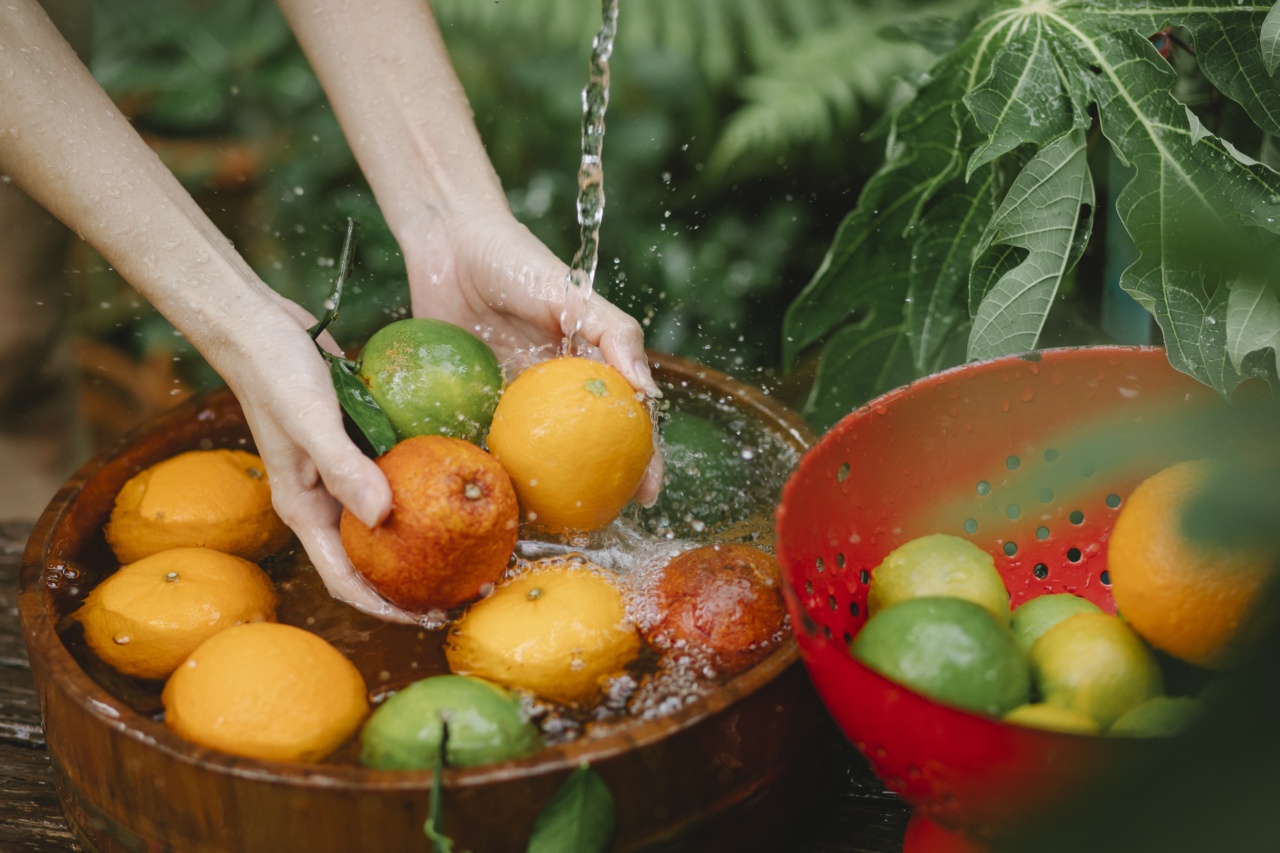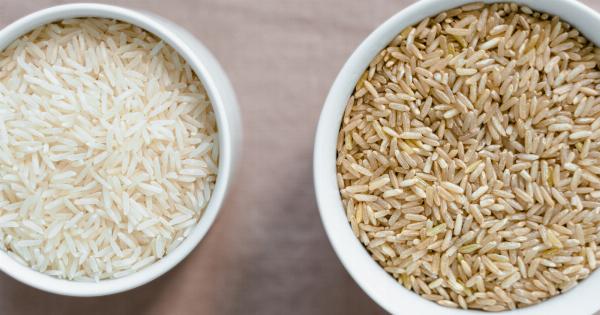Ulcerative colitis is a chronic inflammatory bowel disease characterized by inflammation and ulcers in the digestive tract. This condition can be managed through a combination of medical therapies, lifestyle changes, and proper nutrition.
In fact, choosing the right foods can help to reduce inflammation, promote healing, and prevent the development of complications.
Choose these foods
When it comes to ulcerative colitis nutrition, the following foods can provide important nutrients without aggravating symptoms:.
1. Lean proteins
Lean proteins are an essential component of a healthy diet. Choose sources such as chicken, fish, turkey, and eggs, which are low in fat and easy to digest.
2. Whole grains
Whole grains are rich in fiber, which can help to promote digestion and regularity. Choose options such as oats, quinoa, brown rice, and whole-grain bread.
3. Fresh fruits and vegetables
Fruits and vegetables contain important vitamins and minerals, as well as dietary fiber. Choose colorful, low-fiber options such as bananas, melons, and canned fruits, and cook and blend vegetables to make them easier to digest.
4. Fermented foods
Fermented foods such as kefir, kimchi, and sauerkraut contain beneficial probiotics, which can help to promote the growth of healthy gut bacteria. These foods can also help to reduce inflammation.
Steer clear of these foods
While some foods can promote good health and healing, others can aggravate symptoms or even trigger flare-ups. Avoid the following foods when managing ulcerative colitis:.
1. High-fat foods
High-fat foods such as fried foods, fatty cuts of meat, and rich desserts can be difficult to digest and may worsen inflammation in the digestive tract.
2. Dairy products
Dairy products such as milk, cheese, and ice cream can be difficult to digest and may cause gas and bloating. Some people with ulcerative colitis may also be lactose intolerant.
3. Spicy foods
Spicy foods such as chili peppers and hot sauce can irritate the digestive tract and worsen symptoms such as diarrhea and abdominal pain.
4. Alcohol and caffeine
Alcohol and caffeine can both irritate the digestive tract and cause dehydration, which can worsen symptoms of ulcerative colitis.
Foods to eat during flare-ups
During periods of flare-ups, it can be helpful to stick to a low-residue diet, which limits foods that are difficult to digest. Some low-fiber options include white rice, pasta, boiled eggs, smooth nut butter, cooked vegetables, and coconut yogurt.
The bottom line
Managing ulcerative colitis requires a combination of medical therapies, lifestyle changes, and a careful attention to nutrition.
By choosing the right foods and avoiding trigger foods, it may be possible to reduce symptoms, promote healing, and improve overall quality of life.


























